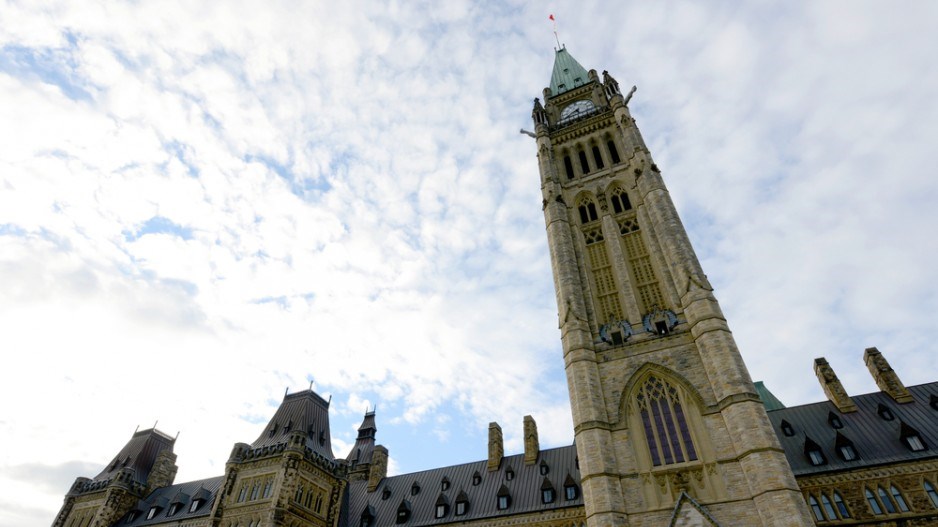The failure of Ontario’s economy to perform well over the past decade-plus is taking a toll not only on its own residents but the rest of Canada, according to a study from the Fraser Institute.
Using Statistics Canada data, the conservative think tank found that economic growth rates in Ontario lagged significantly behind other provinces like British Columbia, where the average annual real per capita GDP growth rate was 1.5% between 2001 and 2012. In Ontario, it was just .3%.
"Because of Ontario's immense size and population, and because the Canadian economy is highly integrated, what happens in Ontario significantly affects Canada's national economy," Livio Di Matteo, co-author of the April 14 study, said in a statement.
The report noted Ontario has maintained the third-lowest level of private job sector growth in Canada since 2000, behind only Nova Scotia and New Brunswick.
“During the 1990s, Ontario generated nearly half of Canada’s exports,” the study said.
“This has since dropped to approximately 40% (by 2012).”
The report also noted Ontario’s reliance on U.S.-bound exports — almost 80% of its total exports — has made the province increasingly dependent on the American market.
The national unemployment rate from 2009-2013 averaged 7.6 per but would have been 7.3 per cent if Ontario was excluded, according to the Fraser Institute study.
“Ontario’s poor record on GDP growth, employment gains and unemployment have meant a poorer national performance than would otherwise be the case. Simply put, an economically stronger Ontario means and economically stronger Canada,” the report said.
The included a number of recommendations for Canada’s most populated province. Among them were calls to improve its competitiveness in taxes and regulations, increase capital investment, and reform energy and industrial policies.




